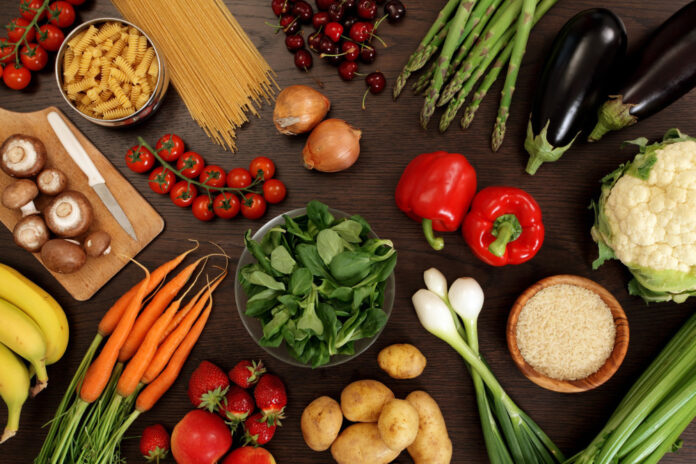
Colon cancer is one of the most prevalent forms of cancer in the world, and the incidence of this disease is on the rise. However, research has shown that a plant-based diet could have a protective effect against colon cancer. This means that individuals who follow a vegetarian diet may have a lower risk of developing this deadly disease.
Plant-based eating has gained popularity in recent years, and for good reason. Not only is it better for the environment and the animals, but it can also have a significant impact on health, including reducing the risk of cancer. In this article, we will explore the power of plant-based eating and how a vegetarian diet may protect against colon cancer.
The Link Between Diet and Colon Cancer
Numerous studies have shown a strong association between diet and the risk of developing colon cancer. Diets high in red and processed meats, saturated fats, and low in fiber have been consistently linked to an increased risk of colon cancer. On the other hand, diets rich in fruits, vegetables, whole grains, and legumes, which are the foundation of a plant-based diet, have been associated with a reduced risk of colon cancer.
One of the reasons why a vegetarian diet may protect against colon cancer is its high fiber content. Fiber is essential for maintaining a healthy digestive system, and it plays a crucial role in preventing colon cancer. Fiber helps to promote regular bowel movements, which can help to eliminate cancer-causing compounds from the body. Additionally, fiber can also help to reduce inflammation in the colon, which is another key factor in the development of colon cancer.
Another factor that may contribute to the protective effect of a vegetarian diet against colon cancer is the absence of red and processed meats. Research has shown that high consumption of red and processed meats is associated with an increased risk of colon cancer. These meats contain harmful substances such as nitrates and heme iron, which can damage the lining of the colon and increase the risk of cancer. By eliminating these harmful substances from the diet, individuals following a vegetarian diet may be able to lower their risk of colon cancer.
Furthermore, plant-based diets are also high in antioxidants, vitamins, and minerals, which have been shown to have a protective effect against cancer. Fruits and vegetables, which are abundant in a plant-based diet, are rich in antioxidants such as vitamin C, vitamin E, and beta-carotene, which can help to neutralize harmful free radicals in the body and reduce the risk of cancer.
The Role of Gut Microbiota
Another way in which a vegetarian diet may protect against colon cancer is through its impact on the gut microbiota. The gut microbiota is a complex community of bacteria that plays a crucial role in maintaining the health of the digestive system. Research has shown that the composition of the gut microbiota can influence the risk of colon cancer, and a plant-based diet may have a positive impact on the diversity and abundance of beneficial bacteria in the gut.
Plant-based diets are rich in fiber, which serves as a prebiotic, promoting the growth of beneficial bacteria in the gut. These bacteria can help to produce short-chain fatty acids, which have anti-inflammatory and anti-cancer properties. Additionally, the high intake of fruits and vegetables in a plant-based diet can also provide beneficial phytonutrients that can promote a healthy gut microbiota and reduce the risk of colon cancer.
The Importance of Lifestyle Factors
In addition to diet, other lifestyle factors that are common among individuals who follow a plant-based diet may also contribute to the reduced risk of colon cancer. For example, individuals who choose a plant-based diet are often more likely to engage in regular physical activity, which has been associated with a lower risk of colon cancer. Additionally, they may also be less likely to smoke or consume excessive alcohol, both of which are known risk factors for colon cancer.
Furthermore, individuals who follow a plant-based diet are more likely to maintain a healthy body weight. Obesity has been linked to an increased risk of colon cancer, and a plant-based diet can help to promote weight loss and maintenance, which may further reduce the risk of this deadly disease.
In conclusion, the power of plant-based eating in protecting against colon cancer cannot be overstated. A vegetarian diet has been associated with a lower risk of colon cancer due to its high fiber content, absence of red and processed meats, and abundance of antioxidants, vitamins, and minerals. Additionally, a plant-based diet can also have a positive impact on the gut microbiota and promote healthy lifestyle factors that can further reduce the risk of colon cancer. Therefore, if you are looking to lower your risk of colon cancer, consider adopting a plant-based diet for a healthier and disease-free future.


















